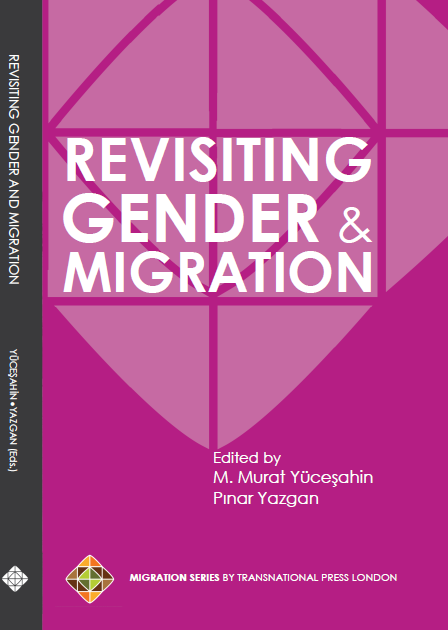Marriage and Divorce in the Context of Gender and Social Capital: The Case of Turkish Migrants in Germany
Marriage and Divorce in the Context of Gender and Social Capital: The Case of Turkish Migrants in Germany
Author(s): Sevim Atilla Demir, Pinar Yazgan
Subject(s): Politics / Political Sciences, Social Sciences, Gender Studies, Geography, Regional studies, Family and social welfare, Migration Studies
Published by: Transnational Press London
Keywords: Turkish migrants; Germany; marriage; divorce; social capital;
Summary/Abstract: The immigration phenomenon has been recently analysed as a complex process in the context of globalisation and dynamism (e.g. Cohen and Sirkeci: 2011; Sirkeci, 2009; Yazgan, 2016). There are various hypotheses which have been employed to explain the immigration phenomenon, which describes mobility from one location to another. It is observed that these immigration hypotheses have become pluralistic and socio-cultural in nature as opposed to individualistic and economy-centred and that the individual’s choice has come to the forefront. The choice here is a preference made by individuals to increase their income. Immigration is based on a cost-benefit analysis, and it is assumed that it occurs voluntarily and with the free will of the immigrant, based on their own economic concerns. In this new economic hypothesis, it is claimed that massive social units rather than individuals decide to immigrate, not to increase their incomes, but to decrease or mitigate their risks. This hypothesis widens both the subject and purpose of immigration and portrays the immigration decision not as an individual act of the immigrant, but as the common decision of social units or institutions.
Book: Revisiting Gender and Migration
- Page Range: 109-128
- Page Count: 20
- Publication Year: 2017
- Language: English
- Content File-PDF

